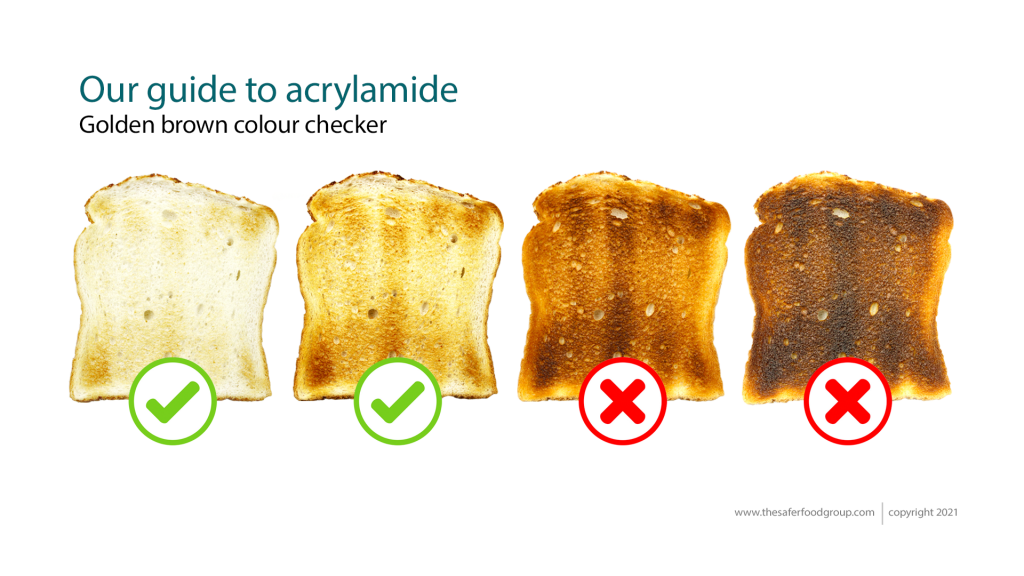Whether you are an established cook or looking for your first role in catering, a food hygiene certificate is an important part of your toolkit. We look at the top 5 reasons for passing your food safety course before you apply for that dream job.
1. Training makes you a safer worker
This one should go without saying. The fundamental reason for taking a food hygiene course is to learn the principles of preparing safe food – it’s that simple! Understanding food safety challenges such as cross-contamination and knowing the difference between a Best-Before and a Use-By date are really important skills in a kitchen. Having an up-to-date certificate to show you have already mastered these skills gives an employer confidence before you even arrive for an interview and helps you hit the ground running.
2. A certificate sets you apart from other candidates
This one is especially important when you are starting out in the food industry, perhaps looking for your very first food industry job. A food hygiene certificate demonstrates that you are genuinely interested enough in the sector to invest in your own training. For an entry level job, you won’t need to break the bank – Level 2 Food Safety (aka ‘Basic Food Hygiene’) is usually sufficient, and you can buy a single online course for £12+ VAT. BUT – there are lots of courses out there, and they vary in quality – make sure you look for a course that is accredited by a reputable body, such as Qualifi or CPD
3. Training gives you confidence to make the right decisions
Roles in catering and hospitality are generally busy and at some point you may be working without supervision. You need to be able to make the right decisions when working alone, and taking food related training courses, such as Food Safety, HACCP and Allergy Awareness, will help you to do that.
4. You need to understand your personal, legal responsibilities
This is the scary one. As a food handler, you have a legal responsibility to do everything you reasonably can to make sure the food you serve is safe to eat. A good food hygiene course will explain your legal responsibilities and those of your employers and supervisors.
5. Good food hygiene helps you prevent waste
The food industry is becoming increasingly focussed on the environmental impact of food waste. Having a good understanding of food safety practices – especially fridge and freezer temperatures, food labelling and hot-holding, cooling and reheating methods – will enable you to do your bit in the war on waste. And for your employer, that means cost savings too – a big win-win!
Food Safety courses are readily available online, and can generally be taken in your own time, at your own pace. Good training providers will allow you to sample course content before you buy to check it is right for you – so perhaps a better question would be: ‘Why wouldn’t I need a Food Hygiene certificate?’

